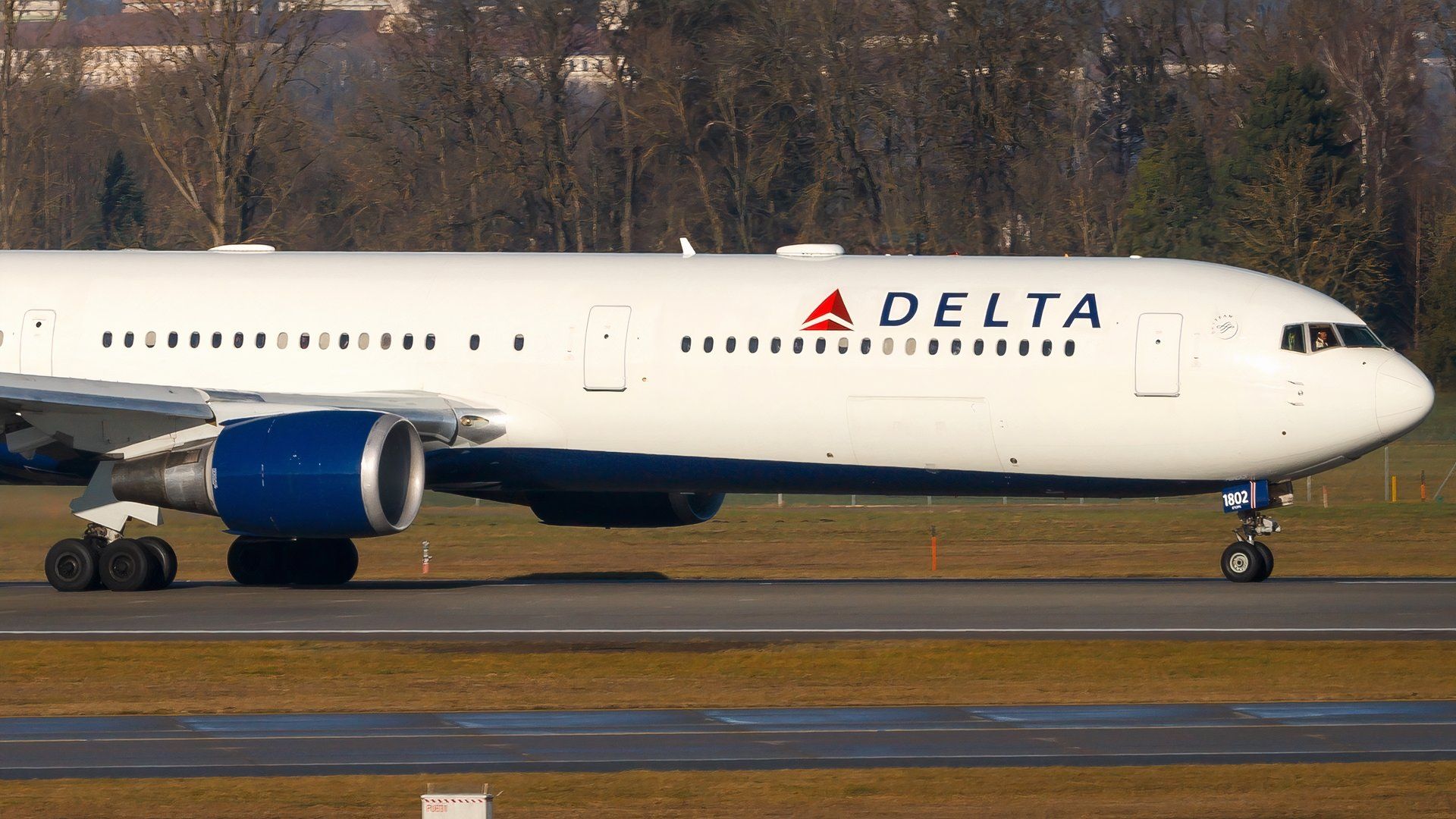World
Delta Air Lines Cuts Geneva Flights, Marks European Route Changes

Delta Air Lines will discontinue its service to Geneva starting in 2026, marking a significant route change for the airline. Flights from New York’s JFK Airport to Geneva will cease, with the final departure scheduled for October 20, 2025. This development was initially reported by Ishrion Aviation and has since been confirmed on Delta’s official website and various booking platforms.
The removal of Geneva from Delta’s network follows a trend of reducing European destinations, including London Gatwick, which ceased operations on September 7, 2025. Additionally, Delta will terminate its JFK to Brussels flights on January 5, 2026, although it plans to maintain service from Atlanta to the Belgian capital. As airlines prepare for the upcoming summer season, further adjustments are anticipated, potentially leading to new transatlantic routes alongside existing destinations like Malta and Olbia.
Brief Return to Geneva
Delta resumed its service to Geneva on April 10, 2023, after a 30-year hiatus. Coincidentally, this date also marked the launch of the JFK to Gatwick route, which has since ended. Despite the attractiveness of Geneva as a market—where approximately 168,000 round-trip passengers traveled between the two airports in the year ending July 2025—the route has not proven successful for Delta.
The average one-way fare for the route was notably high at $1,365, surpassing fares for JFK to Zurich and London Heathrow. Yet, this data did not translate into sustained operational viability.
Route Challenges and Operational Adjustments
The JFK to Geneva route, spanning 3,357 nautical miles (6,217 km), operated seasonally with varying frequencies. It was serviced by the 216-seat Boeing 767-300ER, which ran five to seven times a week during peak months from April to June 2025. However, data from the US Department of Transportation indicated that load factors were disappointing, with only 63% of seats filled in May 2025.
In contrast, Delta’s average load factor across all European routes during the same month was 86%. Although the summer months showed some improvement, with the airline switching to the larger 238-seat 767-400ER, the overall trend was concerning. Frequencies were reduced from daily operations in 2024 to five times weekly by September 2025.
Delta’s performance on this route has been declining. From June 2024 to May 2025, the airline carried approximately 67,600 round-trip passengers, a drop from 71,800 the previous year. The load factor also fell from 82% to 77%, although the impact on ticket prices and overall revenue remains unclear.
In the same period, SWISS, which provides year-round service on the Geneva-JFK route, carried 118,000 passengers, yet its load factor was only 67%. United Airlines also operates a daily service from Newark to Geneva, with an estimated 93,000 passengers and a load factor of 78%.
This series of operational adjustments reflects Delta’s ongoing strategy to optimize its route network in response to market demands and performance metrics. As the airline reshapes its European offerings, the focus will likely shift to more profitable routes while reducing less successful services.
-

 Science3 months ago
Science3 months agoToyoake City Proposes Daily Two-Hour Smartphone Use Limit
-

 Top Stories3 months ago
Top Stories3 months agoPedestrian Fatally Injured in Esquimalt Collision on August 14
-

 Health3 months ago
Health3 months agoB.C. Review Reveals Urgent Need for Rare-Disease Drug Reforms
-

 Technology3 months ago
Technology3 months agoDark Adventure Game “Bye Sweet Carole” Set for October Release
-

 World3 months ago
World3 months agoJimmy Lai’s Defense Challenges Charges Under National Security Law
-

 Lifestyle3 months ago
Lifestyle3 months agoVictoria’s Pop-Up Shop Shines Light on B.C.’s Wolf Cull
-

 Technology3 months ago
Technology3 months agoKonami Revives Iconic Metal Gear Solid Delta Ahead of Release
-

 Technology3 months ago
Technology3 months agoApple Expands Self-Service Repair Program to Canada
-

 Technology3 months ago
Technology3 months agoSnapmaker U1 Color 3D Printer Redefines Speed and Sustainability
-

 Technology3 months ago
Technology3 months agoAION Folding Knife: Redefining EDC Design with Premium Materials
-

 Business3 months ago
Business3 months agoGordon Murray Automotive Unveils S1 LM and Le Mans GTR at Monterey
-

 Technology3 months ago
Technology3 months agoSolve Today’s Wordle Challenge: Hints and Answer for August 19









